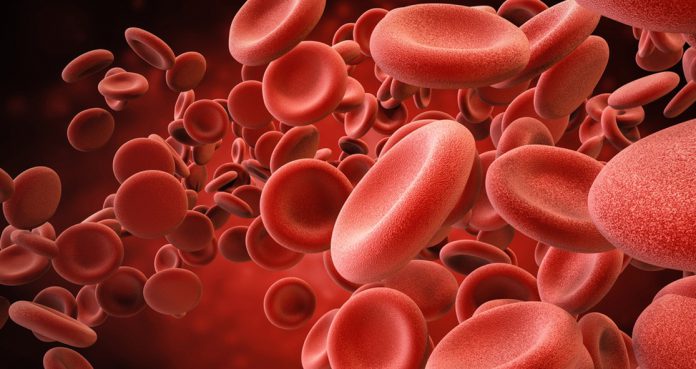UCLA bioengineers have developed a new type of insulin, which can help prevent hypoglycemic symptoms in diabetics who use the drug to manage their blood sugar levels.
The so-called smart insulin has been undergoing evaluation for further clinical studies. If it is found to be successful, it could significantly change the face of diabetes care.
The study was published in the Proceedings of the National Academy of Sciences.
Insulin, a hormone secreted by the pancreas, helps the body to regulate glucose consumed through food and provides the body with sufficient energy.
Diabetes is a condition in which a person’s body fails to naturally produce insulin (type 1 diabetes), or fails to efficiently use the insulin that is produced (type 2 diabetes). A regular dose of insulin is recommended to manage diabetes, irrespective of its types; however, predominantly in people with type 1 diabetes. The disease affects over 400 million people across the world.
Diabetics who need insulin often monitor their blood sugar levels with a glucometer or a continuous glucose monitoring system. They then calculate their insulin dose considering the levels. In addition, they have to keep regular carbohydrate intake to maintain the blood sugar levels with the normal range. And both of these requirements are subject to human error, which can give rise to potentially life-threatening issues.
An insulin overdose can cause hypoglycemia, which means the blood sugar level gets too low, leading to seizures, coma, and even death in extreme cases.
Keeping these consequences in mind, the UCLA bioengineers have developed “smart” insulin, known as i-insulin, which can prevent blood sugar levels from getting too low.
“Our new i-insulin works like a ‘smart’ key,” said Zhen Gu, the principal investigator of the study and a professor of UCLA bioengineering.
The professor added, “The insulin lets glucose get into the cell, but the added inhibitor molecule prevents too much from going in when blood sugar is normal. This keeps blood sugar at normal levels and reduces the risk of hypoglycemia.”
Jinqiang Wang, the co-lead author of the study and a postdoctoral researcher, said, “This i-insulin can also rapidly respond to high glucose levels. For example, after a meal, when glucose levels climb, the insulin level in the bloodstream also quickly increases, which helps normalize the glucose level.”
The team of researchers tested i-insulin on mice with type 1 diabetes. The smart insulin controlled sugar levels within the normal range for nearly 10 hours after the first injection. And the second injection, which was given three hours later, extended the protection from hypoglycemic symptoms.
Another study co-author Dr. John Buse said, “The next step is to further evaluate the long-term biocompatibility of the modified insulin system in an animal model before determining whether to move to clinical trials. The vision, if realized, would be one of the most exciting advances in diabetes care.”
Gu said, “The new insulin has the potential to be optimized for response times and how long it could last in the body before another dose would be required. And it could be delivered in other methods, such as a skin patch that automatically monitors blood sugar levels, or in pills.”





















